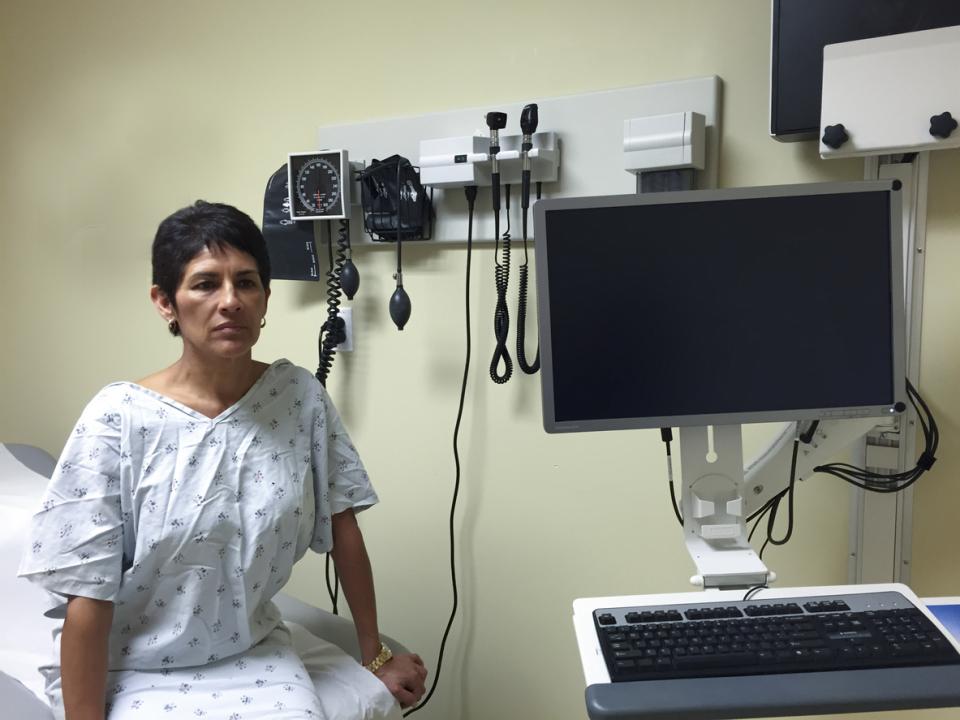Got pre-existing conditions?
Get your health records before you lose your health insurance!
By Elaine Blechman, CEO of Prosocial Applications and Professor Emerita U. of Colorado
I was raised by a mother with MS. As a psychologist, I saw families struggling with our high-cost, low-quality healthcare ecosystem. Now, I’ve created RedKangaroo® technology so that people with chronic illness and all of us who may walk in their shoes someday can “live long and prosper,” in the words of Star Trek’s Mr. Spock.
Before the 2010 Affordable Care Act (ACA), insurers in all but five states denied coverage to applicants with preexisting conditions, from Alzheimer’s, cancer, diabetes, and kidney disease to multiple sclerosis, pregnancy, and stroke. If the ACA is struck down by the U.S. Supreme Court, or if Executive Orders simply gut the ACA, insurers could again use preexisting conditions to justify denying coverage (or making coverage exorbitantly expensive) for up to 51% of Americans under age 64 who have lost employer or public health plans.
Patients with chronic conditions get care from many providers, who each maintain their own record systems. When patients lose insurance, they lose access to the records of in-network providers and the data needed to avoid medical errors, x-ray overexposure, redundant radiology imaging, and surprise bills.
In theory, people with preexisting conditions could prepare for loss or change of insurance coverage by exercising their record-access rights under the Health Insurance Portability and Accountability Act of 1996 (HIPAA). Patients may request records maintained by their health care providers and health plans including medical records; billing and payment records; insurance information; clinical laboratory test results; medical images, such as X-rays; wellness and disease management program files; and clinical case notes. HIPAA covered entities–hospitals, medical clinics, physician practices, pharmacies, and health insurers–must fulfill record-access requests, usually within 30 days, at a reasonable cost and in the format that patients request.
A 2018 Yale University study found 83 leading hospitals made it costly and difficult for patients to get their records due to ignorance of HIPAA record-access rights. For 2018, the Office of Civil Rights reported 11 HIPAA enforcement actions related to data privacy, yielding $29M in fines; none related to record access.
The RedKangaroo® Team just launched the free RK360® Cloud Record App to simplify patients’ exercise of their record-access rights and providers’ compliance with complex HIPAA data-privacy and record-access rules.
- If you are a patient with preexisting conditions or care for one, download the free RK360® Cloud Record App. Create an encrypted, 2-factor-authenticated cloud record that you own and control.
- Use the App’s features to locate all your providers, send them HIPAA record-access requests, and copy previous years’ health data from their systems to your cloud record.
- If you have an iPhone, use the App to continuously import health data from Apple-connected providers to your cloud record.
- At every future encounter, use the App to request the upload of post-encounter clinical and claims data to your cloud record and to thank the provider for HIPAA, CMS, and ONC patient access rule compliance.
- Ask each of your healthcare providers, from low- to high-tech, to subscribe to the RK360® Provider App, so they can simplify point-of-care data sharing and outsource compliance with state and federal rules.
Contact us if you represent a rural hospital, federally qualified health center, state Medicaid or CHIP Plan or an organization that advocates for patients with chronic conditions.
Elaine Blechman
The information in this blog should not be used as a substitute for professional medical care or advice. You should contact your physician or other health professional for advice concerning a particular condition or concern.
Connecting Patients to Providers through Personalized Health Information


 https://unsplash.com/photos/a2QvtNSK5UM
https://unsplash.com/photos/a2QvtNSK5UM